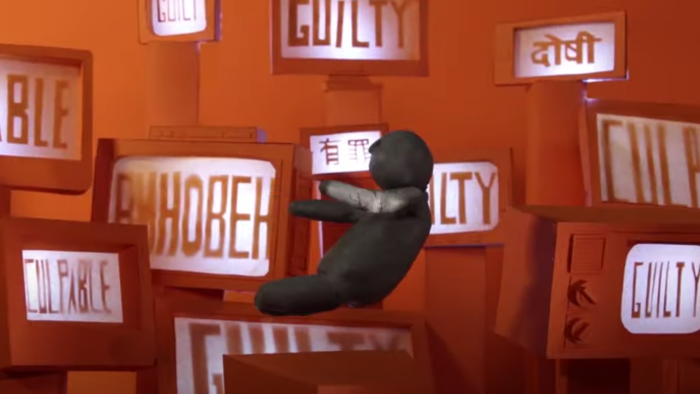
In July, the European Court of Human Rights (ECtHR) ruled that Russia had violated the presumption of innocence, as a result of official statements made in the press about an ongoing criminal case. The ECtHR held that press releases issued by officials (from the Directorate of the Ministry of Interior for the Ural Federal District) and by the prosecuting authorities breached the presumption of innocence of a Russian businessman, who was later convicted of fraud. Our Italian LEAP member Giulia Borgna was one of the defence lawyers involved in the case and told us what happened.
In 2007, Alexey Kalinichenko, a Russian national, was living in Italy when Russia issued an arrest warrant, seeking to prosecute him for allegedly being responsible for a fraud scheme. When Italy authorised his extradition despite the high risk of serious and politically motivated human rights violations Kalinichenko moved to Morocco and submitted a complaint to the United Nations Committee Against Torture (UNCAT). Despite UNCATs request to refrain from extradition, Morocco handed him over to Russian authorities.
Throughout the entire criminal investigation, egregious prejudicial statements were made in the press against Kalinichenko. A Russian online newspaper published statements by the Russian Ministry of Interior officials according to which Kalinichenko had deceived many residents of various cities of the country and labelled him as a swindler. The Directorate of the Ministry of Interior for the Ural Federal District issued a press release that repeatedly addressed the applicant as a swindler who lured money from trusting citizens, attracted wealthy citizens to the fraudulent scheme, and ultimately decided to abscond, taking with him more than a billion roubles belonging to investors. Several other statements by public authorities were made, addressing the defendant as an organiser of the financial pyramid, Urals scammer, and malefactor among others.
The case received a lot of public attention in Russia to the point that it was practically impossible for Kalinichenko to defend himself because he was already convicted by public officials and the media.
As the ECtHR stated in its decision, fundamental rights should be protected throughout the process, no matter what the outcome would be. The prejudicial public statements implying guilt violated Kalinichenkos presumption of innocence irrespective of the fact that he was convicted in the end.
Fair Trials has recently produced a report on the presumption of innocence in Europe. You can read Innocent until proven guilty? The presentation of suspects in criminal proceedings here.
Illustration by Darya Novatorova


